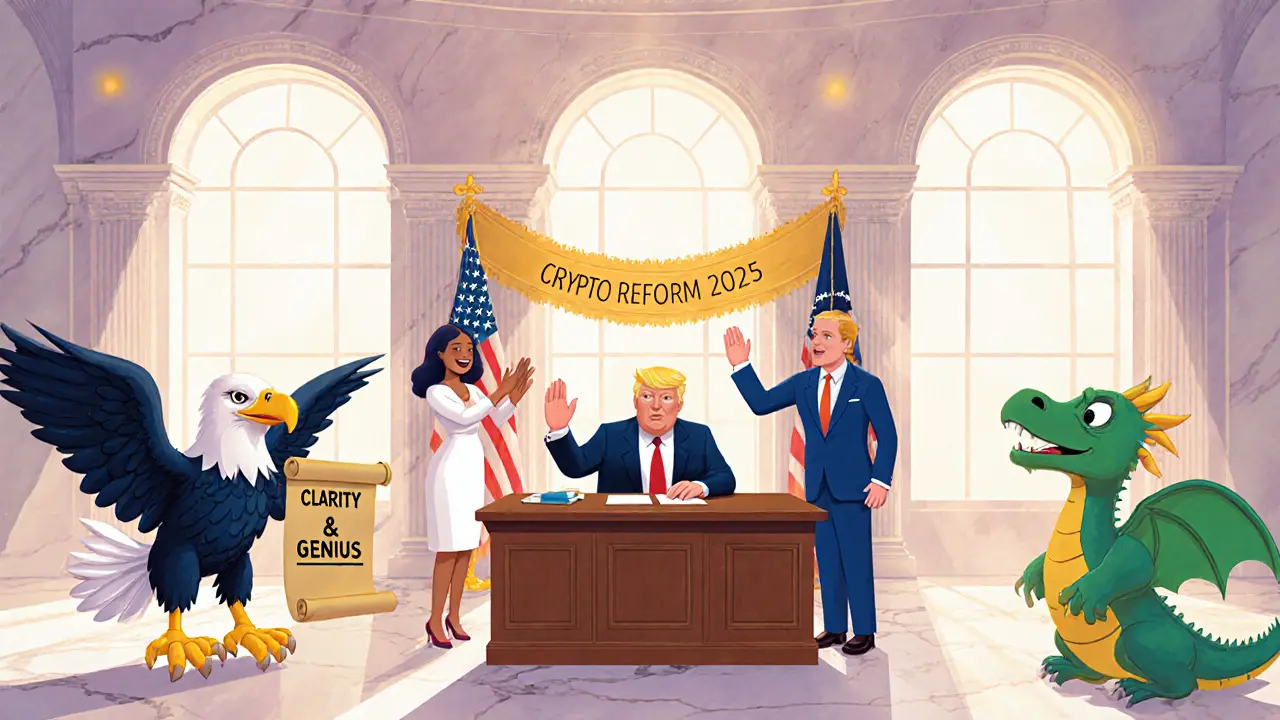Cryptocurrency Regulation
When working with cryptocurrency regulation, the body of laws, rules and policies that govern digital assets and how they’re used. Also known as crypto compliance, it shapes everything from tax reporting to exchange licensing. Cryptocurrency Regulation isn’t a single rulebook; it’s a network of requirements that vary by country and sector.
One key piece of that network is crypto taxes, the tax obligations that arise when you buy, sell, earn or hold digital currencies. In many jurisdictions, tax authorities treat crypto like property, so capital gains, income tax and even VAT can apply. Another pillar is AML compliance, anti‑money‑laundering measures that require identity verification, transaction monitoring and reporting suspicious activity. AML rules are driven by global standards such as the Financial Action Task Force (FATF) and affect every wallet, exchange and service provider.
How Licensing and Sanctions Fit In
Beyond taxes and AML, exchange licensing, the official permission a crypto platform must obtain to operate legally ties the whole system together. A licensed exchange usually meets strict capital, security and reporting standards, giving users a safer place to trade. Meanwhile, sanctions, economic restrictions imposed by governments that can block access to crypto services for certain individuals or regions, add another layer of complexity. Sanctions can force platforms to freeze assets, block accounts or even shut down operations in affected countries.
Putting these pieces together, we see several semantic triples at work: cryptocurrency regulation encompasses crypto taxes, regulation requires AML compliance, exchange licensing enables compliant trading, and sanctions influence how regulations are applied. Understanding these connections helps you navigate the legal landscape, whether you’re a trader, developer or investor.
The articles below dive into real‑world examples of each element. You’ll find guides on how Iran’s sanctions shape crypto adoption, a ranking of mining‑friendly jurisdictions with clear regulatory scores, step‑by‑step safety tips for airdrops that comply with local laws, and deep dives into tax‑free crypto environments like Singapore and El Salvador. Together they paint a practical picture of how the regulatory puzzle fits together across the globe.
Ready to see how these rules affect the projects you care about? Below you’ll discover detailed analyses, how‑to guides and country‑specific breakdowns that turn abstract regulations into actionable insight.
How US Crypto Laws Evolved in 2025: The CLARITY and GENIUS Acts Explained
Explore how the 2025 CLARITY and GENIUS Acts reshape US crypto regulation, defining digital commodities, investment contracts, and stablecoins.





